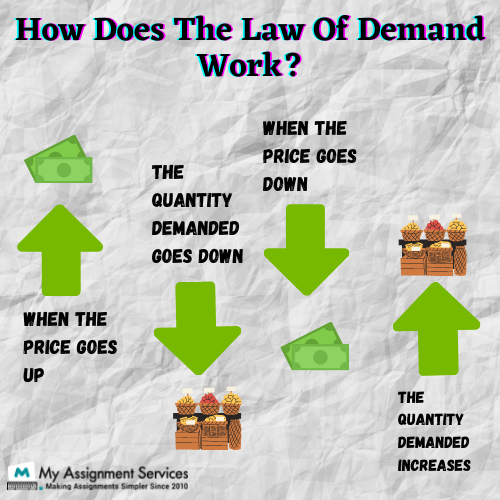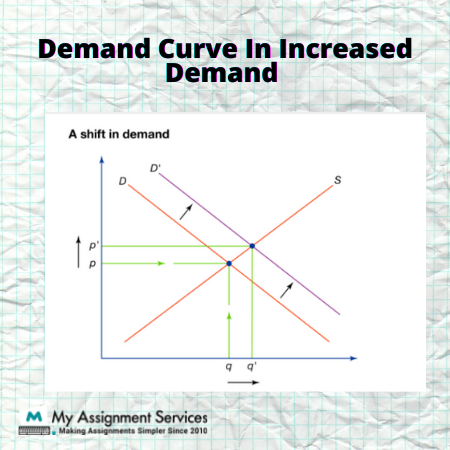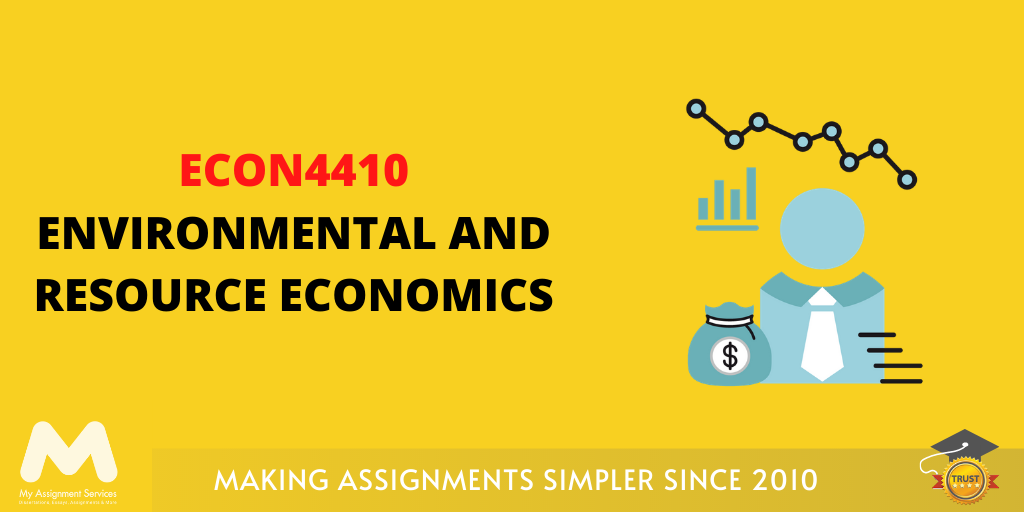The Law that every economics student is aware of is the Law of demand. However, just a mere idea of the Law of demand won't suffice if you have economics as your major in your course.
You must have studied all the basics of economics, including its principles and even the Law of supply and demand, in school and university; you have to take a deeper dive into all those concepts to get through your curriculum and the professional world.
If you look around yourself, economics has a major influence on everything. Politics, civilisation, psychiatry, engineering, the legal sector, the health sector, and industries are all influenced by economics. The primary objective of economics is to uncover the most practical and reasonable use of resources to achieve both personal and social objectives.
While going through your curriculum, in assignments or tests, you have been asked multiple times what the Law of Supply is. And in this blog, we are going to answer it for you!

What Do You Understand About Demand in Economics?
Understand demand in a very uncomplicated language: you want something, and you go to look at it in the marketplace and are even willing to pay the required price. Hence, you are creating the demand for that specific product in the market.
Demand is an economic approach that directs a person's readiness to buy products and benefits and their eagerness to spend their money on them. If all other prerequisites remain as it was earlier. A price increase for those goods or items will decrease demand, and vice versa. Market demand is the total amount of a certain item requested by all buyers in a marketplace. Aggregate demand refers to the total need for all goods and services.
Consumers' desire to purchase goods and benefits
at a specific price is demand. The exact costs of the
items and the quantity of products that transform hands
in a marketplace are specified by demand and supply.
The demand in the market for a particular item or
collective demand for all items in an economy are
few illustrations of demand.
Let's Talk About the Law of Demand In Detail
When you're studying economics, there is no escaping from this chapter; economics' functions depend on it.
There is no way to avoid it. The rule of demand is among the most fundamental concepts in economics. The Law of demand is at work, and you reach for your wallet to make a purchase. You'll better understand why you pay different prices for items if you grasp the Law of demand. If you wish to operate your own business someday, work in marketing, or sell your property, your success will begin with your comprehension of this notion.
The percentage change in the quantity of an item or service people will buy, and the price they will pay, is demand. The Law of supply asserts that as the price of a commodity drops, the quantity chosen for that good grows, while all other elements remain stable. The line about "all other things remaining the same" is crucial.
Aside from price, there are additional factors that can influence demand. The factors to consider are prices of similar goods or services, money, tastes or interests, and expectations. For example, if you adore Apple products, you could be willing to pay a greater price for the new iPhone that was recently released.
Here are the key takeaways of the Law of supply for your easier grasp of the subject matter:
- Customers will desire a lower worth of an item with a greater price, according to the demand rule, an economic theory.
- The root of demand is the Law of Decreasing Marginal Returns, which shows that consumers utilise financial commodities to satisfy their most urgent desires first.
- The overall demand curve by all market consumers at an individual price is described by a market demand curve.
- Price disparities can cause indicators along a demand curve, but they can't increase or decrease demand on their own.
- Not in response to price changes, but in response to alterations in consumer attitudes, incomes, or connected monetary entities, demand evolves in all shapes and dimensions.
Did We Miss Talking About the Demand Curve? No, We Didn't!
No one can miss discussing the demand curve while studying the Law of demand. When we talk about the demand curve, it is the graphical representation of what's happening in the market related to the demand and supply of a particular product.
The quantity of an item demanded is decided by its value and other elements such as the prices of the item, the income of the consumer and choices, and seasonal influences. All components besides the object's worth are repeatedly retained steadily in basic monetary research. The research next focuses on the relationship between various price ranges and the most important quantity that purchasers may buy. A demand curve can be used to display the price-quantity variations, with the vertical axis representing price and the horizontal axis representing quantity.

If You Have Economics as Your Major, Consider Yourself Lucky
Having knowledge of economics is not only useful for you to pass your curriculum. Economics contributes to your overall development.
A major in economics furnishes you with strong numerical and statistical proficiency and the ability to execute economic concepts and models for enterprise, finance, and administration issues. Economic directions may even be used to decipher the reasoning of complicated data, grasp how things connect, and perceive the bigger picture.
Here are some of the competencies you will learn: communication - expressing concepts inside a well-defined context and backed up by evidence that employs complicated numeracy - dealing with complicated data and mathematical and statistical analytical approaches -analytical problem-solving abilities.
You will develop all these skills, especially while making assignments, as the assignment gives you a practical tour of what you're studying. It enhances your skills to another level. Our Economics Assignment Help experts have years of experience assisting students with their academic challenges. You can connect with them with any query related to your Economics assignment by filling out the form.






